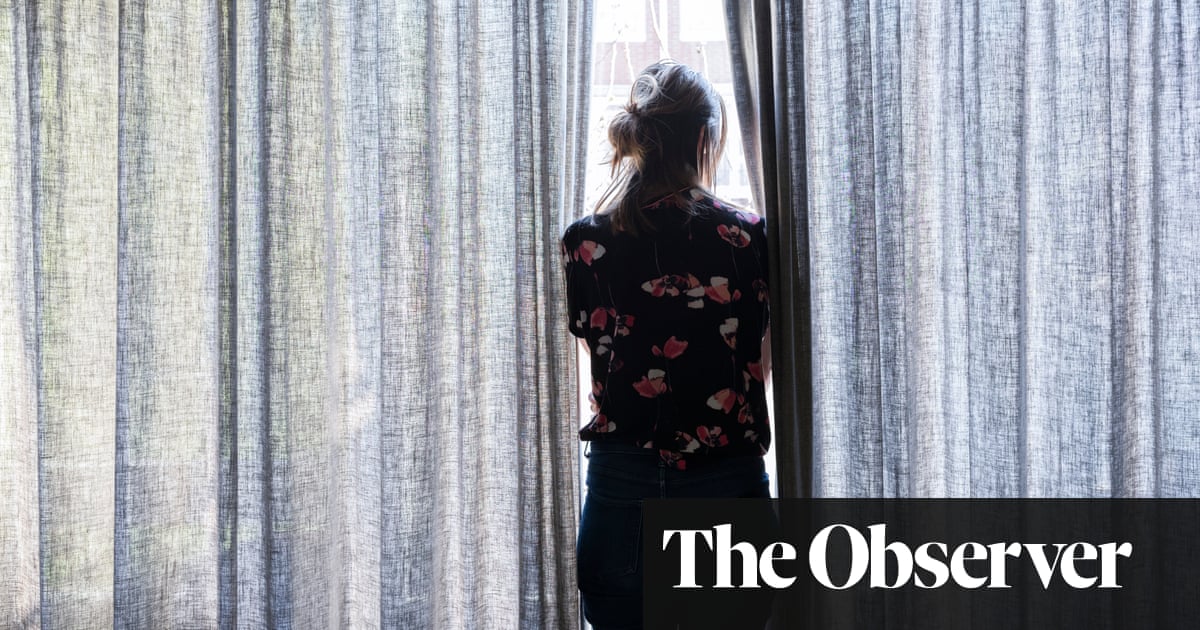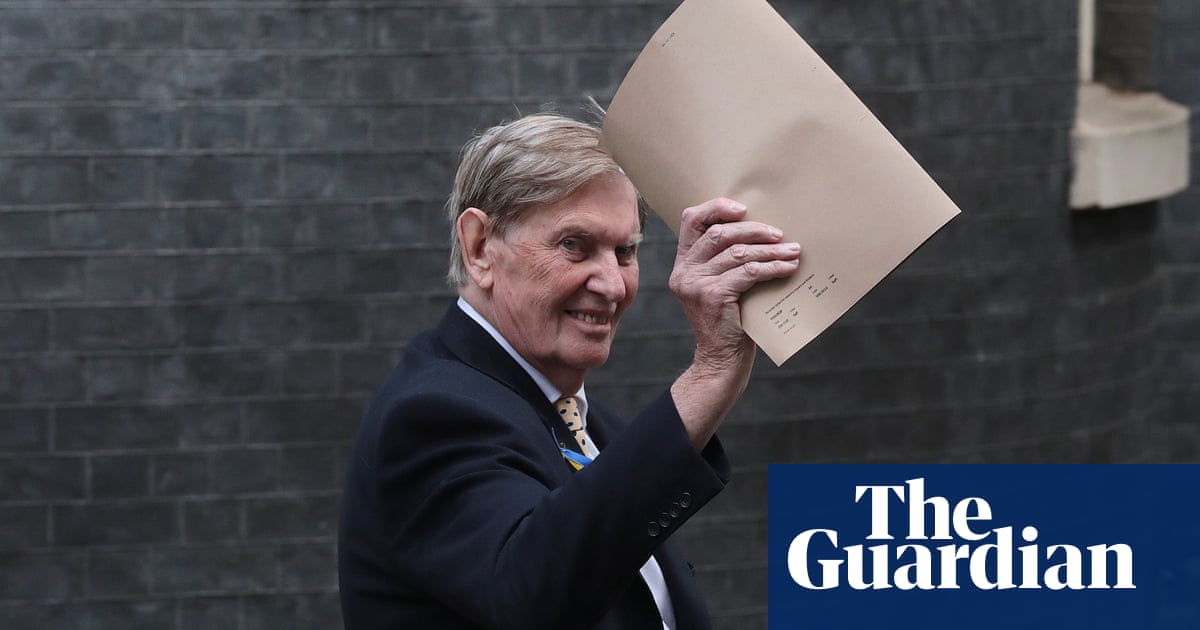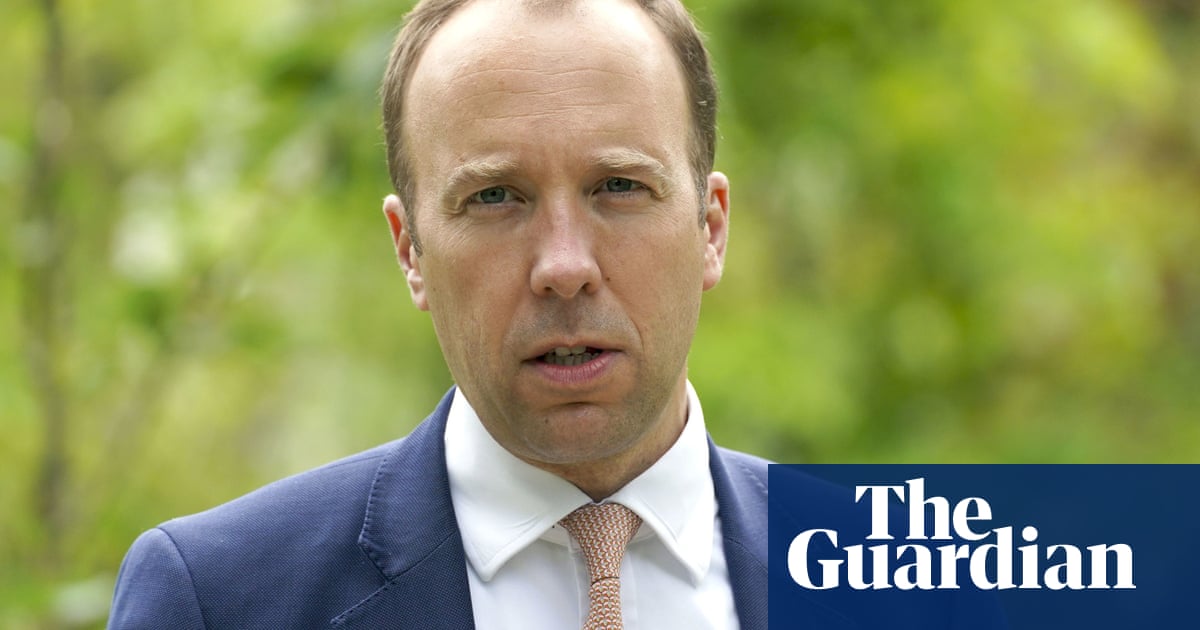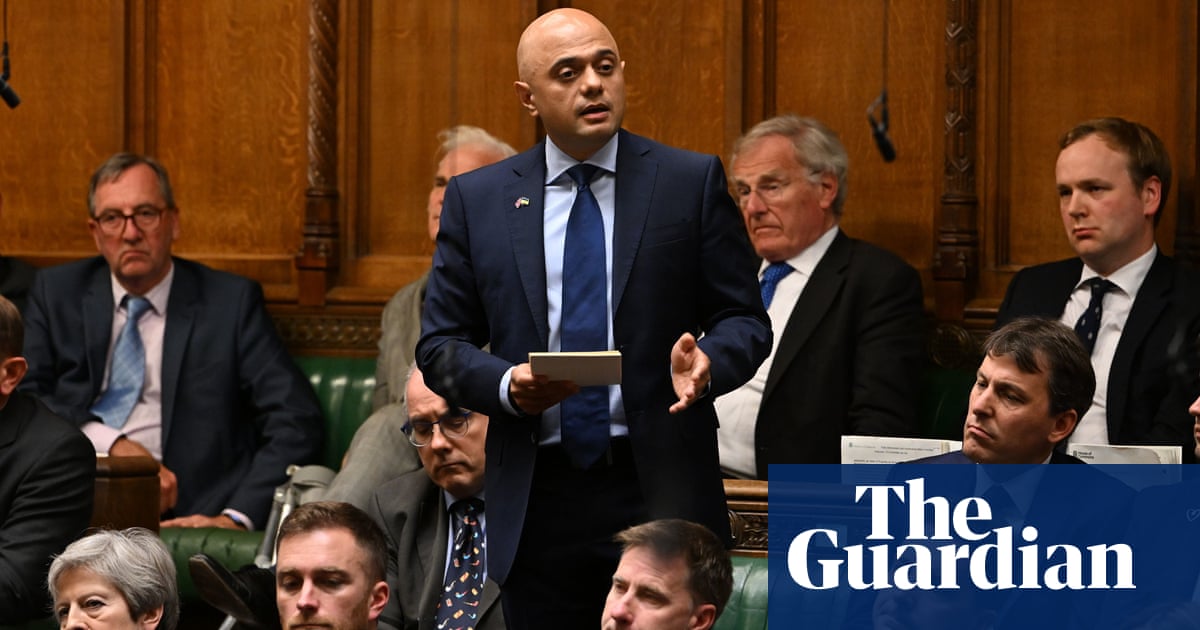
Senior MPs have warned that many elderly members of parliament and those with health conditions will be “disenfranchised” and put at risk of contracting Covid-19 if they are forced back to the House of Commons for debates and votes this week.
A furious argument has broken out between backbench MPs of all parties and the government over plans which, if passed, will end all remote voting from this week and mean members have to attend in person. Parliament is resuming on Tuesday with the row still unresolved.
One former cabinet minister predicted “total chaos” if leader of the house Jacob Rees-Mogg presses ahead with the plan and insists on a policy of “physical voting” only in the chamber. Many MPs say the rules will mean they have to break the law by travelling to parliament and staying overnight in shared accommodation when they could easily work from home.
On Friday evening, the all-party House of Commons procedure committee recommended that the remote voting system should be allowed to continue, to protect the ability of MPs who are self-isolating, shielding, or otherwise vulnerable to represent constituents.
The Tory chair of the committee, Karen Bradley, said members would effectively be “disenfranchised” if the hybrid system was abandoned. On the issue of voting, the committee recommended that “the house will as far as possible allow virtual participation in its proceedings by members who, by virtue of the coronavirus pandemic, are prevented from attending the house in person”.
A Commons vote on how to proceed will be held on Tuesday, with many MPs now torn over whether to attend.
Under the Rees-Mogg plan, MPs would have to queue around the palace of Westminster to vote because doing so in the cramped lobbies has been declared unsafe. Former shadow leader of the house Chris Bryant said the queues “would be like Alton Towers”.
Some MPs believe Rees-Mogg wants to recall parliament in full physical form to bolster prime minister Boris Johnson, who prefers a loud group of Tory MPs to be cheering him on. But any hope of a full chamber returning was thwarted when the speaker, Lindsay Hoyle, insisted on retaining a rule that a maximum of only 50 MPs could be in the chamber at any one time.
Veteran Labour MP and former minister Margaret Hodge, 75, said she had been told by lawyers that the government would be breaking several laws passed by parliament if it denied MPs the right to vote.
“I regard myself as fairly fit but even so I feel absolutely furious that MPs who cannot go to parliament are being discriminated against and denied the right to vote on behalf of our constituents in parliament.
“The informal legal advice I have had suggests that acting in this way would break three different types of legislation regarding healthy and safety, equalities and human rights. It beggars belief that we think we can be above the laws we make.”
Former Labour foreign secretary Margaret Beckett, 77, whose husband Leo is 93, said she believed the “hybrid” system used earlier this month – under which MPs could vote either in person when attending parliament or remotely from home – had worked well. Insisting that MPs return to Westminster to debate and vote would, she said, go against the national guidance on coronavirus and could put MPs’ health and that of their families at risk.
“I thought the guidance was that if you could work from home you should do so. I think what they are doing is a very high-risk strategy,” she said.
Other MPs with constituencies outside London and the south-east are complaining that forcing them back to Westminster will mean they will have no option but to move back into houses and flats they share with other MPs in London when they are attending parliament.
The Labour MP for Manchester Central, Lucy Powell, said: “The parliamentary estate can adapt like other workplaces, albeit with challenges. However, what contravenes government rules is that most of us would need to stay in our second homes, which many of us share with other MPs, so mixing households and travelling hundreds of miles to get there. We can’t enforce rules that as lawmakers we are breaking ourselves. This will send a very confused message to the public.”












